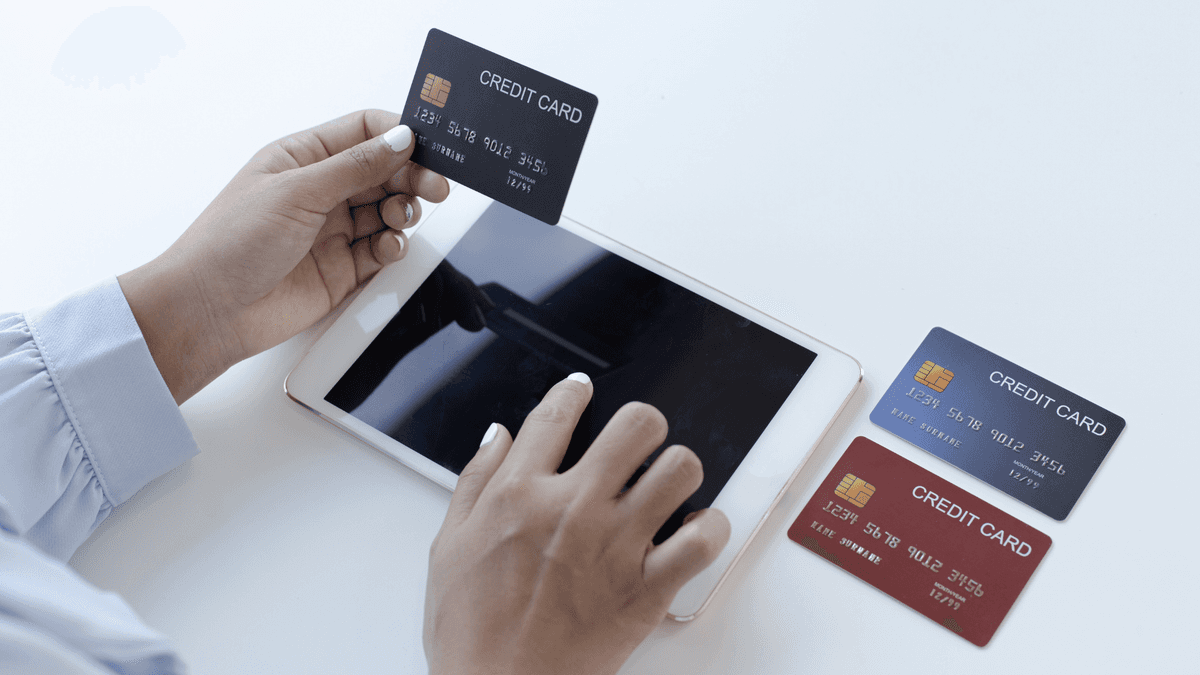What is the Purpose of Data Privacy?


Since the year 2000, online banking and all things, online data has moved at a much faster pace than government legislation. Even though the Privacy Act of 1974, a U.S federal law that establishes rules against the collection, maintenance, and use of personal information about individuals, has been in place for more than 20 years, there has not been a lot of supplemental law on which to solidify interpretation. We need to take a look at what is the purpose of data privacy to gain some clarity on the law surrounding the question.


What is the Purpose of Data Privacy?
In the UK the Data Protection Act came into effect in April 2016 and was enforceable two years later. The purpose in Britain was to protect the individual from having their information mishandled or exploited. This was while placing responsibility upon organizations managing the data. It was decided that the legislation needed further strengthening to protect against theft and data loss. With much higher penalties against those who misuse the data. This was a big step forward in data privacy and extended right across Europe at the time of the European Common Market.
Within the structure of this legislation, 'Data Breach' was vital terminology, relating to the unlawful or accidental misuse of personal data.
Why Data Privacy is Important
A single company can possess millions of sensitive personal data from customers. Any mishandling of the information can result in identities being stolen. This is why data privacy is important.
In the USA Congress has been concerned about the misuse of data held by the government since the 70s. In 2019 the privacy act was strengthened to include the following.
-
The right of a citizen in the USA to access data held by a government agency
-
Citizens have the right to copy the data and correct errors
-
Only relevant and necessary information should be collected
-
Information sharing with other agencies should be conditional and limited depending on the reason for disclosure
Under the USA privacy act, several important laws have been passed to protect the privacy of citizens. Although there are many pros and cons of privacy data laws.
1. COPPA (Children'sOnline Privacy Protection Act) - a really important law to regulate and protect information collected regarding minors.
This is very important in stopping unscrupulous people from exploiting minors online, or worse attempting to form exploitative relationships with children. In many cases, a ten-year-old child has greater online and computer expertise than their parent, and the parents also need to be vigilant,
and better supervise their child's screen time.
2. GLBA (Gramm-Leach-Bliley Act (GLBA) - The Gramm-Leach-Bliley Act protects financial personal information, collected about the individual with a view to providing a financial service. This act offers limited privacy protection to the consumer but doesn't stop us from receiving information leaflets from the banks with their latest version of the privacy information policy.
3. HIPAA (Health Insurance Portability and Accountability Act) - In 1996 this was groundbreaking legislation. Apart from allowing the consumer portability of their own health insurance, this rule allows the health provider permission to use the patient data when related to treatment.
Handling Online Data Privacy
Legislation and regulation of online data privacy in most places appear to be inadequate, as computer technology moves ahead of the legislation at a very fast pace. Some states like California are taking a lead and making their own privacy laws to protect their citizens. With global internet usage reaching around 4 billion, privacy remains a concern to many. A majority of citizens in the USA believe that their data security is not guaranteed, and less safe than it was 5 years ago. New privacy information laws currently being worked on will address:
- Regulation
- Storage
- Use of personal information
- The extent of the right to obtain information by the government
The laws will govern the legal right of the individual to privacy in routine online activities.
If you need help becoming compliant with the data privacy laws in your State, try our data privacy and security training. Our course can help your entire organization be compliant with the data privacy laws.
Cyber Intelligence Protection, Terrorism
Since 9/11 national security has become all-consuming to many government agencies. It has become necessary for government agencies to extend their authority so that they can access information that may affect issues of national security. This authority gives government agencies the right to coerce anyone to share information on national security whether they chose to cooperate or not. This is quite acceptable to most law-abiding people, where others see it as less acceptable.
California Consumer Privacy Act
Is a law passed in California in 2020, and handles digital privacy in California, and governs access to data collected by businesses.
Many businesses collect the data and sell it, and the law requires them to publish the names of individuals online. You may not want your data to become commercial, and you will then opt-out, and at law, this must be respected by the company. Other states are now introducing similar legislation. It is very important to protect the information from misuse. When personal information collected includes:
-
Social security number
-
bank account information
-
Driver's license or passport
-
Address
This is a breach of privacy, and most of us would not want this information sold off.
What is the Purpose of Data Privacy, Know the Law
Under the law, you have a right to privacy online when using the internet, and the new laws have to balance out your rights with the importance of national security, and this is tricky. So you have a right to privacy as long as the security of the USA is not jeopardized by this right.
When the world is changing so quickly it is hard for some people to accept, so the more reading you can do on the facts the better informed you will be.
In Australia, the Privacy Act (1988) is the main piece of Australian legislation protecting information about individuals, including the use, storage, and disclosure of personal information to both the federal and private sectors. This appears to be very old legislation and is continually being overhauled (Data Protection 2020), but it is still a work in progress.
Conclusion
Breaches of data must be reported to government agencies under the law, and when you ask what is the purpose of data privacy, you can see that it is very complicated. With states in the USA formulating their own privacy laws, it is probably time that the Federal government formed a plan to formulate appropriate laws and legislation for the whole country so that everyone is on the same page.




